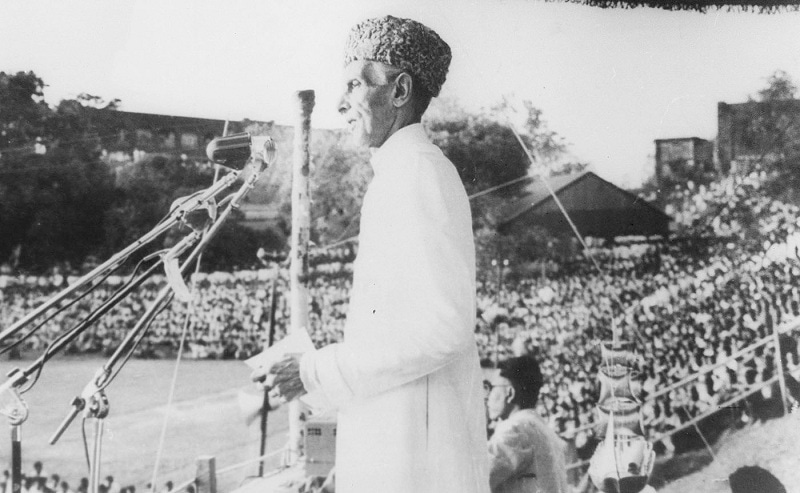Did Jinnah’s Poetry Shape Pakistan’s Destiny

Muhammad Ali Jinnah, widely known as the founding father of Pakistan, has always been a subject of extensive study and contemplation. His political foresight, legal acumen, and unwavering commitment to the cause of Pakistan are well documented and celebrated. However, a lesser-known aspect of his personality is his affinity for poetry. This article delves into Jinnah’s connection with poetry and explores how it might have influenced his vision and, by extension, the destiny of Pakistan.
Jinnah’s Literary Inclinations:
Jinnah was known to have a keen interest in literature and poetry. He had a profound understanding of both English and Urdu poetry, which was not only a source of personal solace but also played a significant role in shaping his political rhetoric and ideologies. His speeches and writings bear testament to his ability to use poetic references and eloquence to connect with his audience, convey his message more effectively, and inspire a sense of nationalism. Quaid E Azam Speech in English, delivered on August 14, 1947, marked the birth of an independent Pakistan and inspired generations.
The Influence of Poetry on Jinnah’s Vision:
- Inspirational Source: Poetry served as a source of inspiration and strength for Jinnah, particularly in the face of adversities and challenges. He often recited verses from famous poets such as Allama Iqbal, who played a pivotal role in awakening the consciousness of Muslims in the subcontinent and sowing the seeds of a separate nation for them.
- A Tool for Unity: Jinnah used poetry to forge a sense of unity and identity among the Muslims of the Indian subcontinent. His references to Urdu poetry, in particular, were instrumental in creating a bond among the diverse Muslim communities, as Urdu was a language that transcended regional and ethnic boundaries.
- Shaping National Ideology: The poetry Jinnah admired and recited often reflected his vision for Pakistan. He envisioned a nation that upheld democratic values, protected minority rights, and fostered a spirit of tolerance and coexistence. The verses he chose to share often echoed these sentiments, subtly shaping the ideological foundations of the newly formed state.
The Lasting Impact:
While Jinnah’s political acumen and leadership were undoubtedly the driving forces behind Pakistan’s creation, his connection with poetry added a unique dimension to his personality and leadership style. It provided him with a powerful tool to communicate, inspire, and unite, leaving a lasting impact on the nation’s destiny.
The Poetic Rhetoric in Political Discourse:
Jinnah’s speeches were often laced with poetic references, which served multiple purposes. They not only made his speeches more compelling and resonant but also helped in connecting with people across different strata of society. His eloquence and ability to weave poetry into his political discourse made his messages more persuasive, touching the hearts and minds of millions. You can also read 23rd march speech in English.
Fostering a Cultural Identity:
Poetry also played a crucial role in fostering a sense of cultural identity among the people of Pakistan. Jinnah’s frequent references to Urdu poetry helped in establishing Urdu as the national language, which was a significant step in creating a unified national identity. This was particularly important in a country as diverse as Pakistan, where various ethnic groups and languages exist.
Final Words
Muhammad Ali Jinnah’s engagement with poetry was more than a personal predilection; it was an integral part of his leadership style and political strategy. The verses he held close and the poetic references he made in his speeches and writings subtly influenced his vision for Pakistan and played a role in shaping its destiny. The connection between Jinnah’s poetry and Pakistan’s destiny is a testament to the power of literature and arts in steering the course of history and nation-building.




